Estate planning in Michigan is a process every adult should undertake. Delineating where things go after your death may keep your family from facing a prolonged probate process.
When you own property, using a Ladybird deed may work in your favor. While the name may seem odd, the process is not. Learn what you can about this estate planning tool before sitting down with a professional. Let the knowledgeable staff here at Babut Law Offices PLLC, guide you in using this beneficial process.
Transfers property while alive
A Ladybird deed is applicable in certain situations. It works best if:
- You are single and own property.
- You want to protect your assets from seizure (bankruptcy, etc.).
- You wish to help the heir avoid probate and estate taxes on the property.
A deed like this allows you to name a beneficiary, or grantee, who will receive the property upon your death. However, you still maintain control over the plot of land while you live. This action affords you and the grantee a measure of protection against taxes, fees and seizure through various legal processes.
Michigan law and medicare
Michigan is one of a few states that allows this type of conveyance. A benefit for you in transferring property this way is it may decrease your asset holdings should you require long-term care. When a person needs nursing home care, Medicare may make him or her liquidate assets to pay for it before the government steps in to help. Utilizing a Ladybird deed may remove the property from your asset column; however, other rules may apply.
If you want to ensure your property is safe, you may wish to utilize this type of enhanced life estate deed. Get more information on this and other estate planning tools by visiting our website here.


